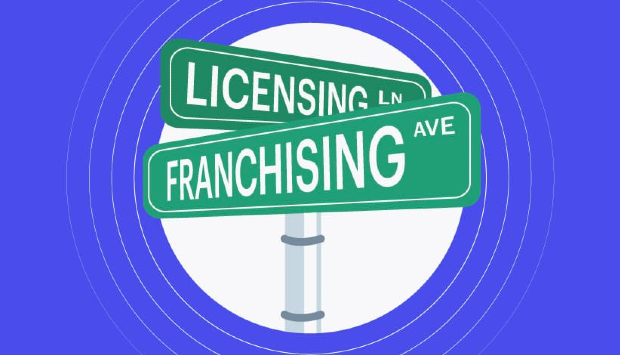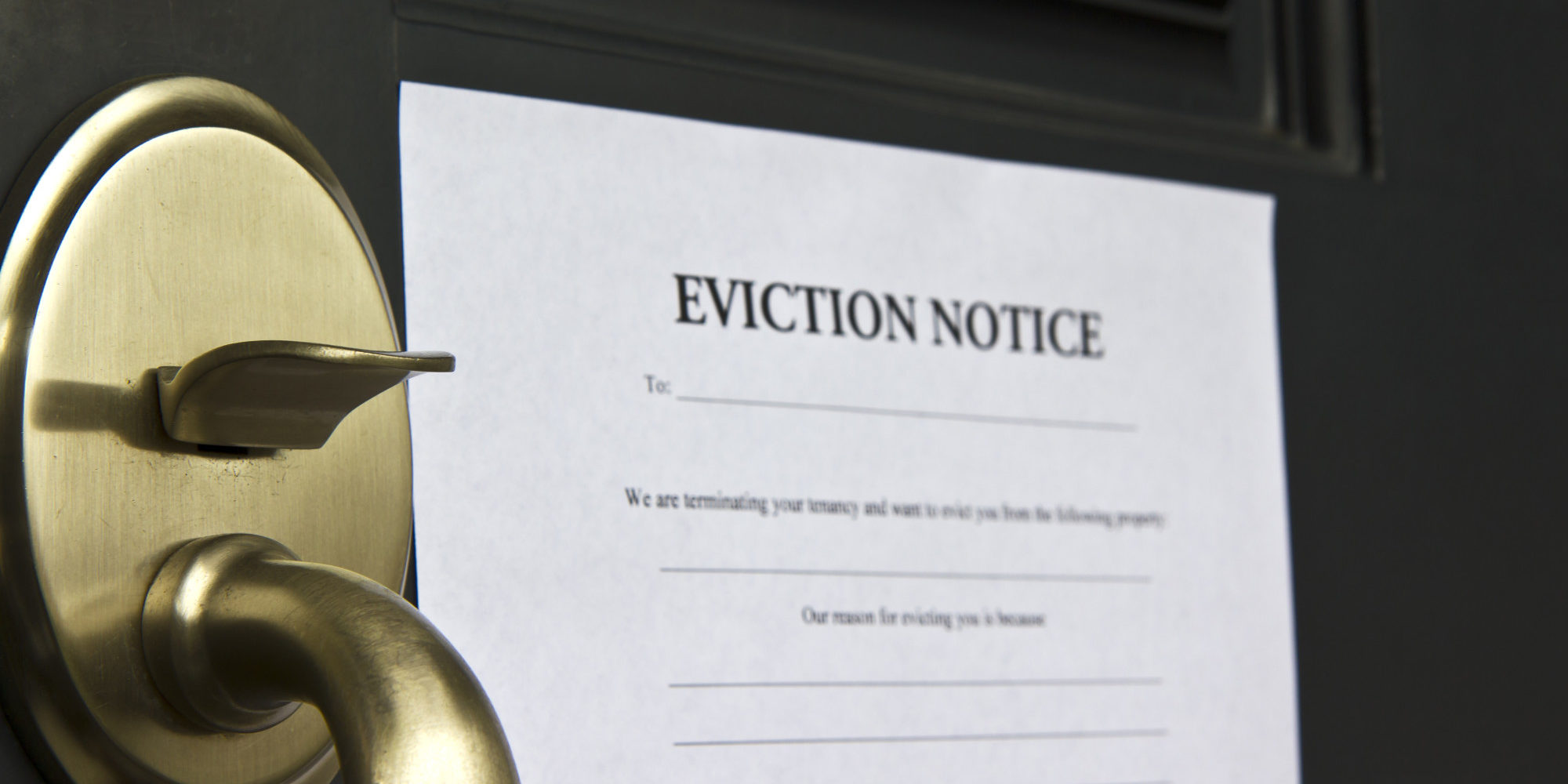Licensing and franchising both of these terms reign the world of business ninety percent of the time. But these terms also happen to confuse the young entrepreneurs a lot. The confusion even heightens up to such an extent at times that people end up equating license and franchising. But, as we say it all time; we are always here at your disposal. In this article we are going to talk about the difference between license and franchising and help you understand the very nitty gritties of the two before you run to your lawyer online or offline. Give this article a quick read till the end and you will know everything that you will need in this domain.
What is licensing?
Licensing talks about a business model in which the licensor allows the right to use intellectual property, brand or produce a company’s product to the licensee, in exchange of royalty. The licensee company or brand then makes a lump sum financial investment to begin with its operations.The biggest benefit of the licensing model is that the licensee shoulders the developmental cost and the risk connected to launching foreign operations. In the sector of high technology, many brands supply others with technical know-how through a similar arrangement. For example, Ranbaxy Laboratories Ltd. is looking for partners to out-license its diverse technologies such as respiratory, urology, and others. But we must know that sharing technological know-how with foreign companies can turn out to be a bit risky for technical companies.
- Advantages of licensing:
A license arrangement is usually simpler and cheaper to set up than a franchise concept. Ongoing management is also less demanding in the case of licensing.
- Disadvantages of licensing:
Even if you give up a lot of control over the quality of the products and services the licensee will provide, this could damage your reputation.
What is franchising?
One can define franchising as a strategy primarily utilized by service companies, that grants the franchisee to make use of a business model, techniques or brand name for a fee, to carry out business, as an independent branch or sister concern of the parent company or brand(franchisor). As in the case of licensing, the franchiser does not necessarily shoulder the development cost and the risk of beginning operations overseas, because such costs are expected to be borne by the franchisee only. Therefore, by using this technique a company can quickly make its presence felt globally, at a low cost. The best instances of this arrangement are McDonald Restaurant and Kentucky Fried Chicken of the United States that entered India through this strategy.
- Advantages of Franchising:
Franchising has a lot of advantages. As the franchisor, it escalates your customer base while also upscaling the value of your brand. Another significant benefit of franchising is that the franchisee shoulders the cost of taking their business premises up a notch to meet the standards and the mission of the brand. In lieu of that the franchisee gets priceless mentorship and guidance.
- Disadvantages of Franchising:
One of the biggest shortcomings of this format is that in order for a business to become a successful franchise, it must first be well-established with a profitable business model and a strong, and most importantly a popular brand.
Differences between license and franchising:
The difference between licensing and franchising is that license agreements are limited to the shared use of a single technology, brand element, or system, whereas, franchise agreements involve the complete duplication of a business model, brand, and system. Franchising and licensing includes specific legal contracts that enumerate various legal rights on the parties involved. Along with these differing rights, franchising and licensing are each defined and governed by particular – and independent – laws and terms and conditions at the state and federal levels.
Under the conditions of a licensing agreement, a licensee is allowed by the licensor a limited right to a particular asset for example the licensor’s trademark, logo, technology, formula, and other such things. However, the legal relationship settled between the two parties under a licensing contract does not allow the licensor any control over the regular operations of the licensee’s business operations.
Franchising takes things to the next level altogether. While every franchise includes a license for the franchisee to make use of the franchisor’s trademark, franchisees are also bestowed with additional rights and are expected to follow specific obligations under a franchise contract.
As opposed to licensing, under the terms of a franchise contract, the franchisee is allowed the permission to develop, establish and replicate the operations of the franchisor’s already popular business model while using the franchisor’s trademarks and conforming to follow their established norms and standards. This indicates that, along with being granted the right to use a trademark, franchisees are also granted the legal right to use the franchisor’s operations systems and processes.
FAQs:
What is the difference between license and franchising?
License and franchising might look similar to many people but they are actually very different from each other. License agreements allow you to register and use trademarks and other intellectual properties of a company and franchising agreements allow you to expand an already popular and open other centers.
What is a franchisee?
A franchisee licenses the right to do business under a franchisor’s brand using the franchisor’s operational processes.
What is the relationship between license and franchising?
In both cases, a contract is a must to ensure all the terms and conditions of the business that they set up for the tenure that they sign up for.
What is a franchisor?
Franchisor is the one who offers to open up his business to other parts of the world through someone who takes the franchise of his business.
These are all the things that you need to keep in mind while dealing with license and franchising. You can refer to any lawyer online or offline to solve any confusion in this domain that is if you have them still. To make your business flourish you must consider both license and franchising that will consequently help you take your business to newer heights.




















